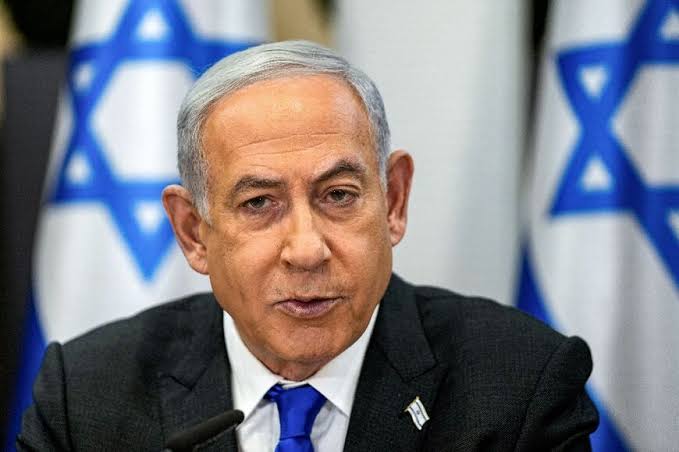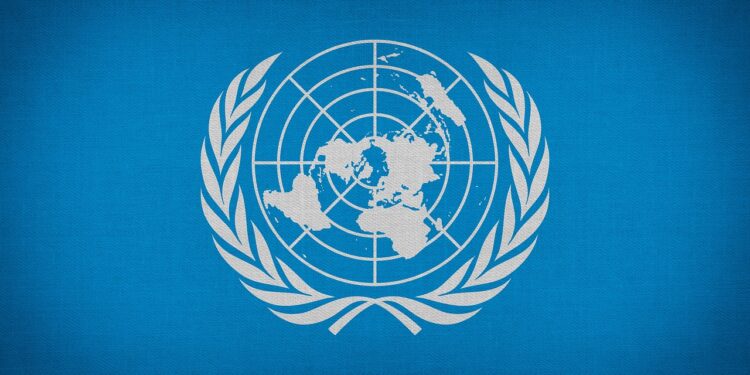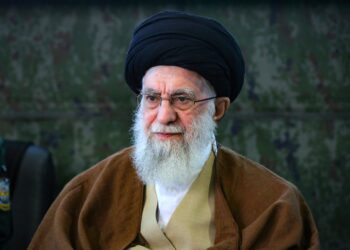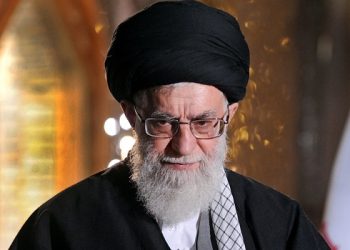On Sunday, Israeli Prime Minister Benjamin Netanyahu called on the United Nations to withdraw its peacekeeping forces from the border between Israel and Lebanon. This appeal to UN Secretary-General António Guterres came after the United Nations Interim Force in Lebanon (UNIFIL) refused to leave the area, despite five peacekeepers already being injured in the escalating conflict.
Concern for Peacekeepers’ Safety
Netanyahu emphasized that Israel is working to limit casualties among UNIFIL forces, but argued that the best way to protect them would be to withdraw. He expressed concern that Hezbollah is using the peacekeepers as human shields. In a video statement, Netanyahu declared, “Mr. Secretary General, get the UNIFIL forces out of harm’s way. It should be done right now, immediately,” marking his first public remarks on the issue.
Israel’s Request to Withdraw Rejected
Netanyahu revealed that Israel had repeatedly asked the UN to withdraw UNIFIL from the danger zone but faced continuous refusal. UNIFIL spokesman Andrea Tenenti, in an interview on Saturday, stated that there was a unanimous decision among UN peacekeepers to remain. According to Tenenti, “It’s important for the UN flag to still fly high in this region, and to be able to report to the Security Council.”

Israel had requested that UNIFIL forces withdraw from positions up to five kilometers (three miles) from the Blue Line, the de facto border separating Israel and Lebanon. However, this request was rejected, which would have affected 29 UNIFIL posts in southern Lebanon.
The Role of UNIFIL
UNIFIL, established in 1978 following Israel’s invasion of Lebanon, consists of around 9,500 troops from various nationalities. The mission is tasked with monitoring the ceasefire that ended the 33-day war in 2006 between Israel and Hezbollah. It is one of the most significant UN missions in the region and plays a vital role in maintaining stability between the two nations.
Accusations Against Hezbollah and UN Cooperation
Netanyahu also addressed accusations of Israel’s responsibility for the injuries sustained by UNIFIL soldiers. He claimed that Hezbollah, not Israel, was to blame for the injuries, as the militant group was using the peacekeepers as human shields. Drawing a comparison to Hamas’s alleged use of the UN Relief and Works Agency (UNRWA) in Gaza, Netanyahu hinted at concerns about potential cooperation between the UN and militant groups. However, he stopped short of accusing UNIFIL of collaborating with Hezbollah in Lebanon.
Criticism of the UN’s Role
The situation has sparked criticism of Israel for its attacks that injured UNIFIL personnel, while Netanyahu defends Israel’s actions and insists that the UN forces should be withdrawn from dangerous areas. The broader issue has also raised questions about the UN’s neutrality in the conflict, with concerns about possible cooperation with militant groups like Hezbollah and Hamas. These accusations, coupled with ongoing criticism from the UN Secretary-General, threaten to undermine the UN’s perceived impartiality in the region.

















